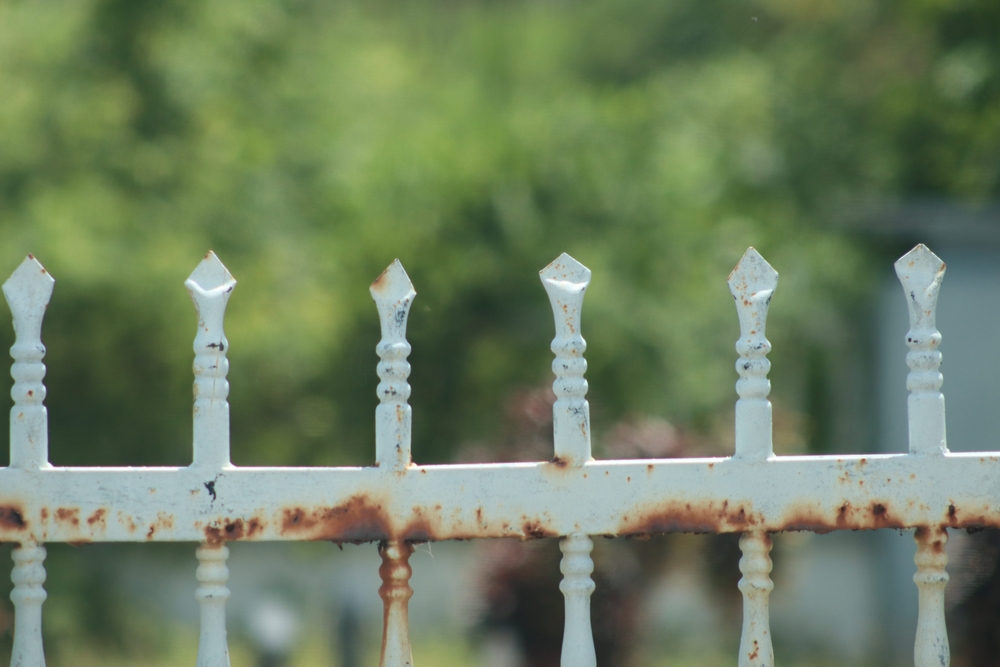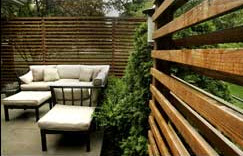Vinyl fences are not susceptible to rust like metal fences because they are made of PVC (polyvinyl chloride) material, which is a type of plastic. Unlike metal fences, vinyl fences do not contain any iron or steel components that can oxidize and develop rust when exposed to moisture and oxygen.
One of the advantages of vinyl fences is their resistance to rust, corrosion, and other forms of degradation commonly associated with metal fencing materials. Vinyl fences are designed to withstand outdoor elements, including rain, humidity, and moisture, without rusting, rotting, or corroding.
However, it’s important to note that while vinyl fences do not rust, they can still accumulate dirt, grime, algae, mold, and other surface contaminants over time. Regular cleaning and maintenance are essential to keep your vinyl fence looking clean and well-maintained and to prevent the growth of mold or algae on its surface. Cleaning methods for vinyl fences typically involve using a mild detergent and water solution or a pressure washer to remove dirt and contaminants.
In summary, vinyl fences do not rust because they are made of plastic (PVC) materials. Their resistance to rust and corrosion is one of the advantages of using vinyl fencing for outdoor applications. Proper cleaning and maintenance can help keep your vinyl fence in excellent condition and extend its lifespan.


